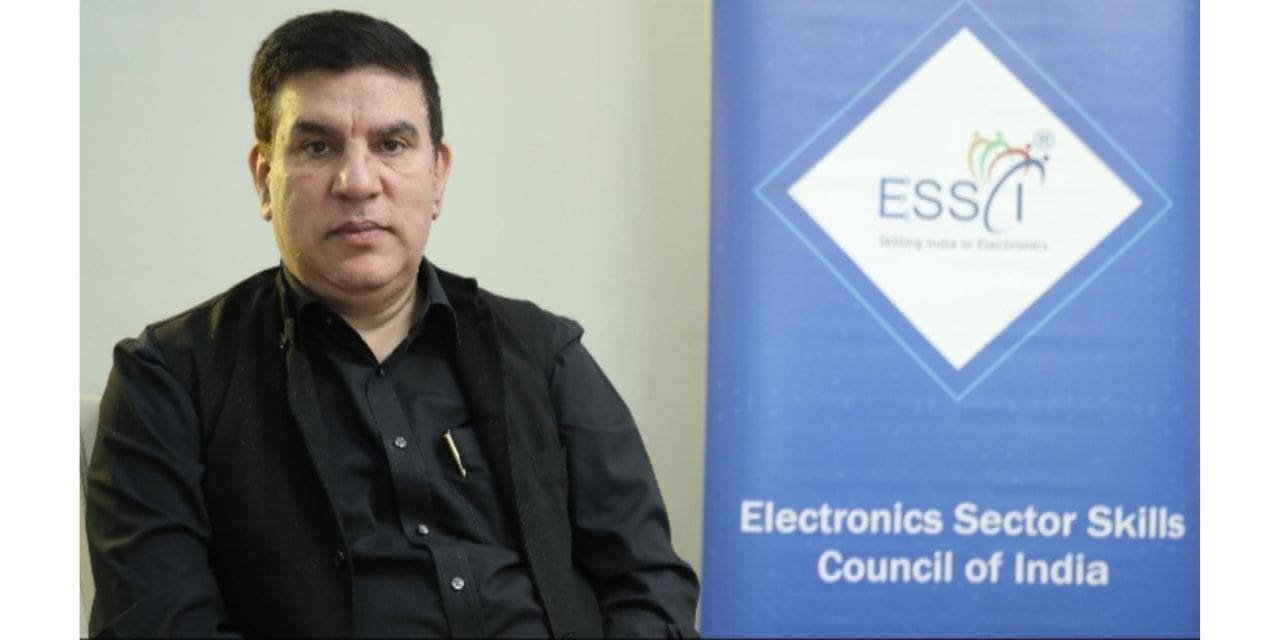We applaud the Indian government for presenting the first ambitious and forward-thinking Union Budget during the Modi 3.0 administration. Prioritizing manufacturing, social justice, skill development, and job creation, this budget fits in perfectly with India’s goal of becoming a major player in the world of electronics.
Innovation, skill development, and job creation will all be greatly increased by Finance Minister Nirmala Sitharaman’s focus on bolstering the local electronics manufacturing ecosystem. By utilizing local talent, improving infrastructure, and strengthening industry collaboration, the proposed national framework to support Global Capability Centers (GCCs) in Tier-2 cities is an essential step toward promoting regional economic growth.
The electronics and semiconductor sectors will have a dependable energy foundation thanks to the government’s power sector reforms, which specifically encourage states to enhance electricity transmission and distribution. Furthermore, our country’s determination to become a leader in high-value manufacturing is reaffirmed by India’s proactive approach in providing incentives, such as tax breaks and land access, to draw in multinational semiconductor and electronics companies.
India’s position in international supply chains will be strengthened by the planned tariff reductions on essential mobile phone assembly components, including printed circuit board assemblies, camera modules, and USB cables. Large-scale manufacturers and MSMEs alike would benefit greatly from this action, which will increase our global competitiveness in the face of changing geopolitical conditions and promote self-reliance.
The creation of “Bharat Trade Net,” a single digital platform to expedite export documentation, is a revolutionary innovation included in this budget. This program will enable Indian electronics businesses to easily extend their worldwide footprint by lowering administrative hurdles and improving trade efficiency.
The creation of five National Centers of Excellence for Skilling is especially encouraging to us at the Electronics Sector Skills Council of India (ESSCI), since skilling continues to be a key component of India’s growth plan. Under the “Make for India, Make for the World” agenda, these centers will play a crucial role in providing our workforce with the knowledge and skills needed for sophisticated manufacturing. ESSCI is dedicated to working together on industry-aligned skilling programs that satisfy international standards, trainer training, skills certification, and curriculum development.
At ESSCI, we are prepared to back these ground-breaking projects and actively participate in India’s development becoming a major hub for electronics and semiconductors worldwide. This budget gives us hope that we can all work together to build a future where India’s success on the global scene is fueled by highly qualified labor, strong manufacturing, and steady economic growth.

